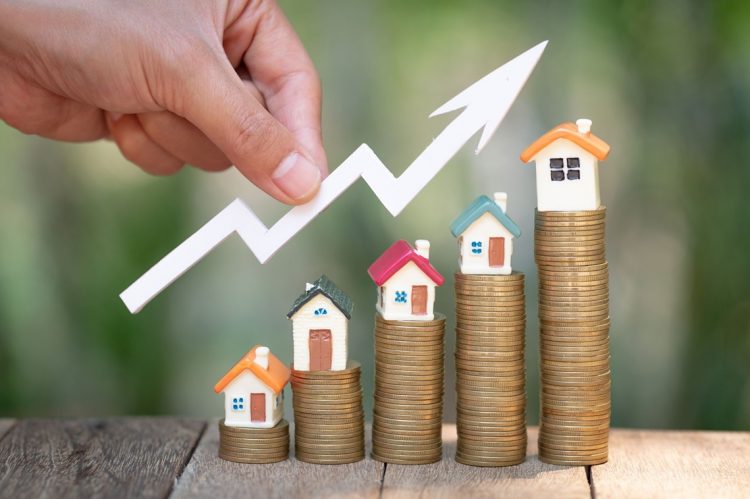In July, home prices rose but moderated the rate of their growth, according to the latest S&P CoreLogic Case-Shiller U.S. National Home Price NSA Index.
The annual gain in home prices was 5% in July—in June, the annual increase was 5.5%. Month-over-month, home prices saw a meager (seasonally adjusted) gain of 0.2%. While prices are increasing at a less exponential rate, Brian D. Luke, S&P’s Head of Commodities, Real & Digital Assets described July as the latest in “14 consecutive record highs” of the National Index, as prices continue to rise.
Regional breakdown
The Case-Shiller index covers all nine U.S. census divisions, with two composite indexes based on 10 and 20 U.S. metro areas, respectively. The 10-city and 20-city indices both reported a 0.3% monthly rise, after seasonal adjustment.
Annually, the 10-city index increased 6.77% and the 20-city index increased 5.92%.
The Northeast was described as the best performing region, followed by the Midwest. The South had the slowest overall gains but some of the highest performing individual markets.
Individually, of the surveyed cities, the highest annual increases were in:
- New York (8.76%)
- Los Angeles (7.23%)
- San Diego (7.19%)
The lowest annual increases were in:
- Portland (0.84%)
- Detroit (1.32%)
- Dallas (1.87%)
Expert commentary
Selma Hepp, CoreLogic chief economist, wrote: “Although reluctant buyers stalled 2024 home sales activity to levels not seen since the Great Financial Crisis, expectations that the Federal Reserve will continue to cut rates influenced mortgage rates to decline and started to infuse some life back into the housing market.”
Realtor.com® Senior Economist Ralph McLaughlin, describing the results, offered these projections:
“We expect the rate of home price growth to continue to slow over the next few months before reaccelerating amidst falling interest rates. However, with mortgage rates falling to 24-month lows and a high probability of further rate reductions, there is a significant chance that the rate of home price growth will bottom out over the next months and then reaccelerate at the end of the year or at the beginning of next as the purchasing power of homebuyers begins to reflect a more favorable rate environment.”
Dr. Lisa Sturtevant, chief economist of Bright MLS, likewise forecasted: “It is possible that lower rates this fall could actually come along with slower home price growth as more sellers get into the market and inventory continues to rise. With affordability a big challenge, many buyers in the market have less ability to offer above list. And new rules about how buyers’ agents are compensated could also make it harder for some buyers to get into the market.”
See the full report and index here.












